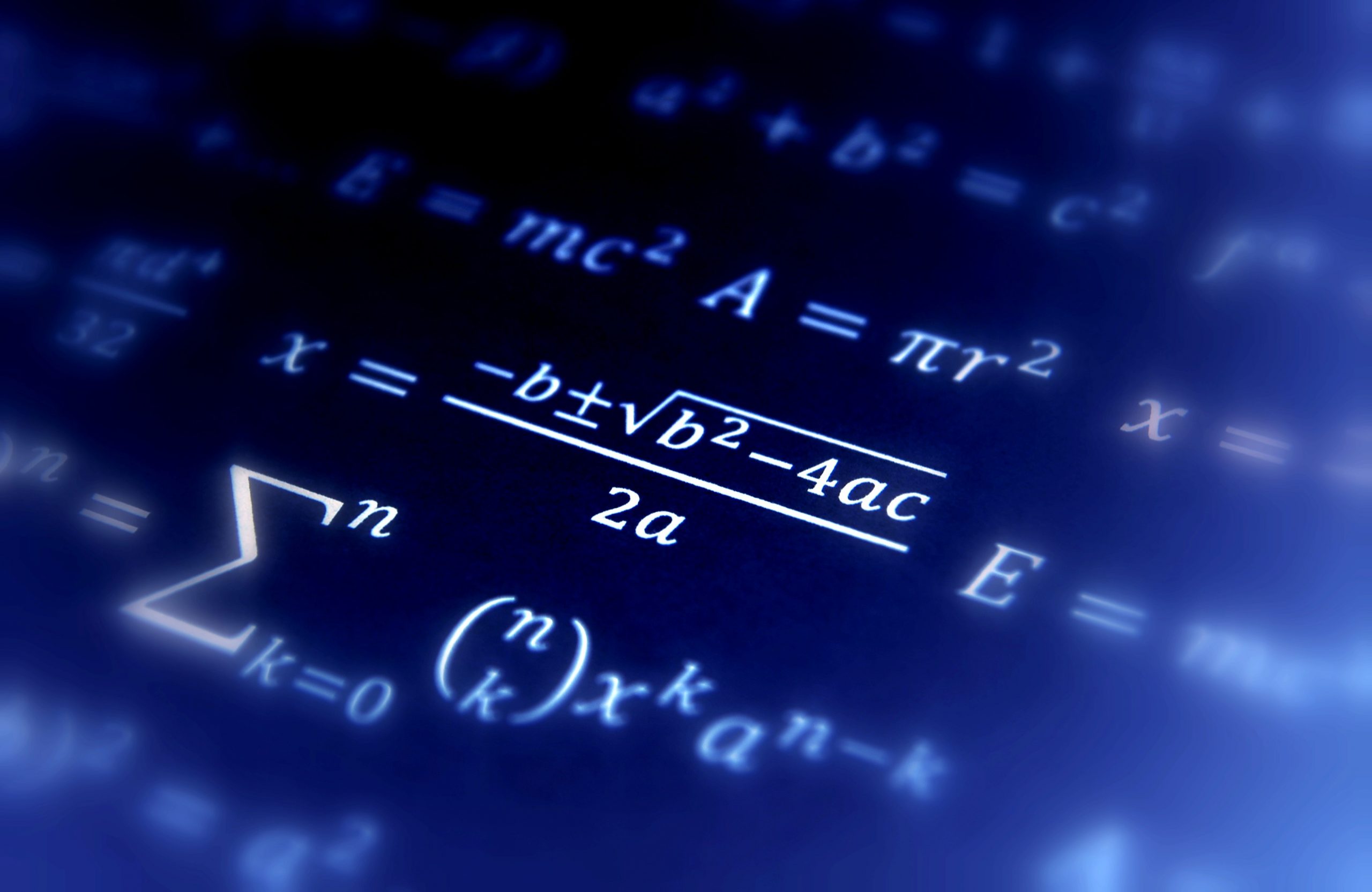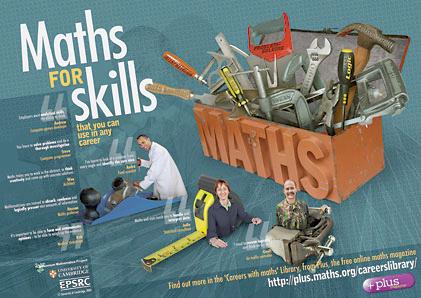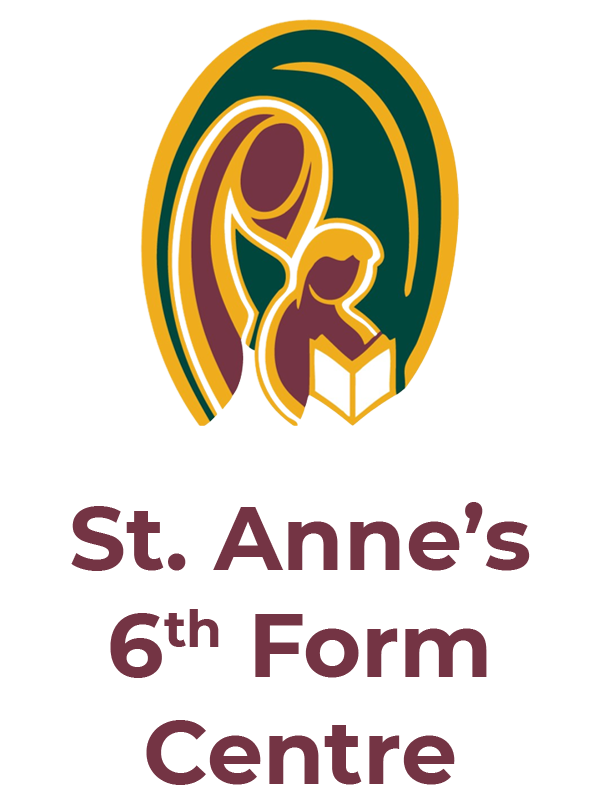Maths Options
DEPARTMENT STAFF
Subject Leader: Mrs H Grewal
KS5 Subject Teachers: Mr G. Stephens, Ms L. Popat, Mr C. Davies-Alexis,
Mrs S. Smith
DEPARTMENT STAFF
Subject Leader: Mrs H. Grewal
KS5 Subject Teachers: Mr G. Stephens,
Ms L. Popat
Mr C. Davies-Alexis
Mrs S. Smith
Studying maths beyond GCSE has a host of advantages for your future, so if you enjoy the subject and have done well so far, then we strongly advise you to continue.
There are three options: Maths A Level, Further Maths A Level & Core Maths (Maths in Context – equivalent to an AS)
Maths A Level will develop your ability to solve a range of problems, and to spot mathematical patterns as well as introducing you to techniques for proving mathematical statements. In both years, you’ll study pure maths, statistics and mechanics, with the second year building very closely on skills and knowledge from the first year.
Further Maths A Level allows the most talented Mathematicians to study varied and increasingly complex areas of Mathematics in greater depth. Further Mathematics builds on some of the concepts met in A Level Maths and provides a sound basis for those wishing to read for degrees in: Physics, Engineering, Actuarial Science, Economics and Maths
Core Maths will help you to better understand the quantitative aspects of the other A levels that you may be taking, such as Biology, Geography and Psychology. This is important for tasks such as interpreting and exploring data and graphs, using diagrams and calculations, and selecting appropriate statistical techniques. This is equivalent to an AS, and is studied alongside 3 other subjects.
Maths A Level
What you will study:
A Level Maths is assessed through three exams towards the end of year two.
- Paper 1 – (Pure Mathematics) 33% (2 hours)
- Paper 2 – (Pure Mathematics) 33% (2 hours)
- Paper 3 – (Statistics and Mechanics) 33% (2 hours)
Pure maths extends your knowledge of algebra and trigonometry and introduces concepts such as calculus.
Mechanics covers mathematically describing the motion of objects and the forces at play in the movement of everything from space satellites to cars. This area of maths paves the way for further study into modern fields such as cybernetics as well as more traditional areas of engineering and physics.
Statistics will extend your GCSE knowledge in areas such as Venn diagrams and histograms and introduce concepts such as hypothesis testing and using the distributions to find probabilities.
Applied maths consisting of both Mechanics and Statistics will build on the knowledge gained in studying pure maths to equip you with skills applicable to working in a range of industries.
Possible Careers: A Level Maths will provide you with an array of analytical, logical thinking and problem solving skills that will be highly desirable to employers. These numeracy skills and the ability to interpret data are extremely valuable in a wide variety of careers particularly in areas such as web site design, animation, science, medicine, engineering and manufacturing. An A level in mathematics opens up numerous opportunities in higher education, and is one of the most widely accepted and respected subject choices by universities. It is a natural stepping-stone to university courses such as Engineering, Chemical Engineering, Physics, Computer Science, Economics, Accountancy, Management Studies, Geography, Psychology, Medical courses, Mathematics and Statistics.

Core Maths (Maths in Context – equivalent to an AS)
The Core Mathematics qualification is a level 3 qualification designed for students who have achieved a grade 4 or above in GCSE Mathematics, but who have not chosen to study AS or A level. Core Mathematics was developed with support from employers and higher education institutions to consolidate and extend the mathematics learnt at GCSE and is ideal for students who need transferable mathematical skills to support their other subjects. Students solve problems through modelling and using spreadsheets to handle quantitative information.
By choosing to study for the Core Maths certificate, students will learn some new topics, but it mostly involves maths that they will be familiar with from studying GCSE Mathematics. Where it differs is in its focus on developing the that skills students need in order to apply maths to real-life problems that will be met in study, work and life.
What you will study: You will study the following content areas:
- applications of statistics
- probability
- linear programming
- sequences and growth.
How you’ll be assessed: You will sit 2 written exam papers, each of 1 hour and 40 minutes at the end of the course. All four content areas will be assessed in a comprehension paper (40%) and an applications paper (60%).
Your future: Core Maths is useful for those who are interested in university courses or apprenticeships that involve a lot of quantitative data analysis but do not require AS/A level Mathematics, such as psychology, sports and social science, and natural science and business-related courses.
Several universities recognise that the quantitative and analytical skills gained from taking a Core Maths qualification are invaluable to a range of degree courses.
Useful Websites:
Maths Genies: https://www.mathsgenie.co.uk/alevelpapers.html
Maths and Physics Tutor: https://www.physicsandmathstutor.com
Exam Solution: https://www.examsolutions.net
Mathcentre: https://www.mathcentre.ac.uk
Trips & Extra Curricular Club/Activities
Our students take part in UKMT Senior Maths Challenge (Individual) and the UKMT Team Challenge (groups).

